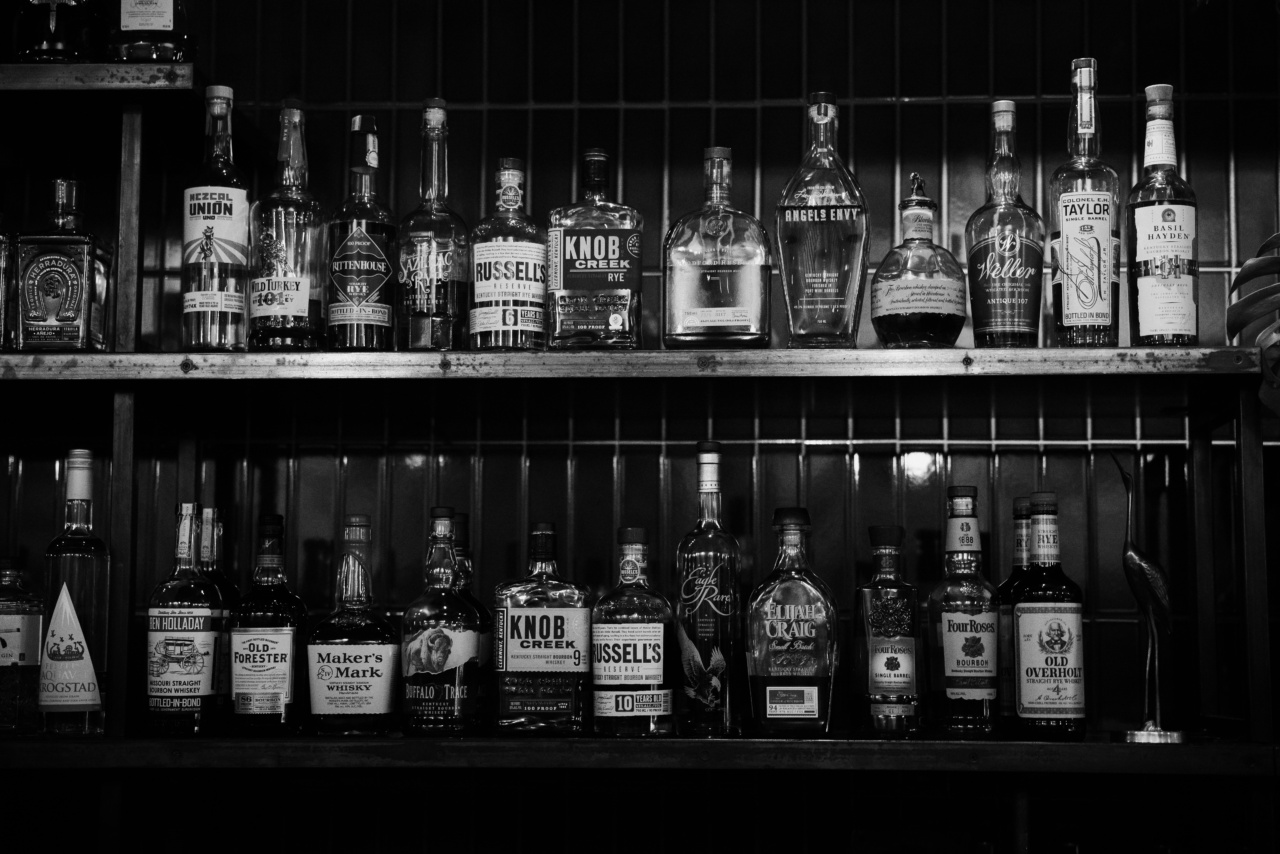Alcohol consumption is a prevalent part of modern-day culture, with many adults choosing to drink frequently or occasionally.
While alcohol is often viewed as a harmless form of socializing, recent research has shown that excessive alcohol consumption can significantly increase the risk of various forms of cancer. Understanding the link between alcohol and cancer is vital to make informed decisions regarding your alcohol consumption and lifestyle choices.
The link between alcohol consumption and cancer
Alcohol consumption can increase the risk of various forms of cancer, including:.
- Breast cancer: The risk of breast cancer increases with the amount of alcohol consumed. This is because alcohol increases the levels of estrogen and other hormones in the body that fuel breast cancer.
- Liver cancer: Excessive alcohol consumption can cause liver cirrhosis, a condition that significantly increases the risk of liver cancer.
- Colon and rectal cancer: Heavy drinkers have a higher risk of developing colon and rectal cancer. This is because alcohol can damage the cells lining the colon and rectum, leading to cancer.
- Mouth and throat cancer: Alcohol consumption is a significant risk factor for mouth and throat cancer, as it can irritate and damage the cells lining these areas and increase the risk of cancer.
- Esophageal cancer: Heavy alcohol consumption increases the risk of esophageal cancer, as it can irritate and inflame the lining of the esophagus, leading to cancer.
- Pancreatic cancer: Alcohol consumption can increase the risk of pancreatic cancer due to the harmful effects of alcohol on the pancreas.
How alcohol causes cancer
Alcohol consumption can cause cancer in various ways, including:.
- Inflammation: Excessive alcohol consumption can cause chronic inflammation in the body, which can lead to cancer.
- Oxidative stress: Alcohol can cause oxidative stress in the body, which can damage the DNA in cells and increase the risk of cancer.
- Hormonal changes: Alcohol consumption can alter the levels of hormones in the body, which can increase the risk of hormone-sensitive cancers such as breast cancer.
- Alcohol breakdown products: When the body breaks down alcohol, it produces harmful byproducts such as acetaldehyde, which can damage DNA and increase the risk of cancer.
Reducing the risk of cancer from alcohol consumption
The good news is that reducing the amount of alcohol consumed can significantly reduce the risk of cancer. Here are some tips for reducing the risk:.
- Limiting alcohol consumption: The less alcohol you drink, the lower the risk of cancer. Experts recommend limiting alcohol consumption to one drink per day for women and two drinks per day for men.
- Avoiding binge drinking: Binge drinking can significantly increase the risk of cancer. If you choose to drink, it is best to avoid binge drinking and spread out the alcohol consumption over several days.
- Eating a balanced diet: A healthy diet rich in fruits, vegetables, and whole grains can help reduce the risk of cancer.
- Exercising regularly: Regular exercise can help reduce the risk of cancer by improving overall health and reducing inflammation in the body.
- Quitting smoking: Smoking is a significant risk factor for many forms of cancer. Quitting smoking can significantly reduce the risk of cancer.
Conclusion
Alcohol consumption can significantly increase the risk of various forms of cancer.
Understanding the link between alcohol and cancer is essential to make informed decisions regarding your alcohol consumption and make lifestyle choices that can reduce the risk of cancer. By limiting alcohol consumption, avoiding binge drinking, eating a healthy diet, exercising regularly, and quitting smoking, you can significantly reduce the risk of cancer and improve your overall health.





























